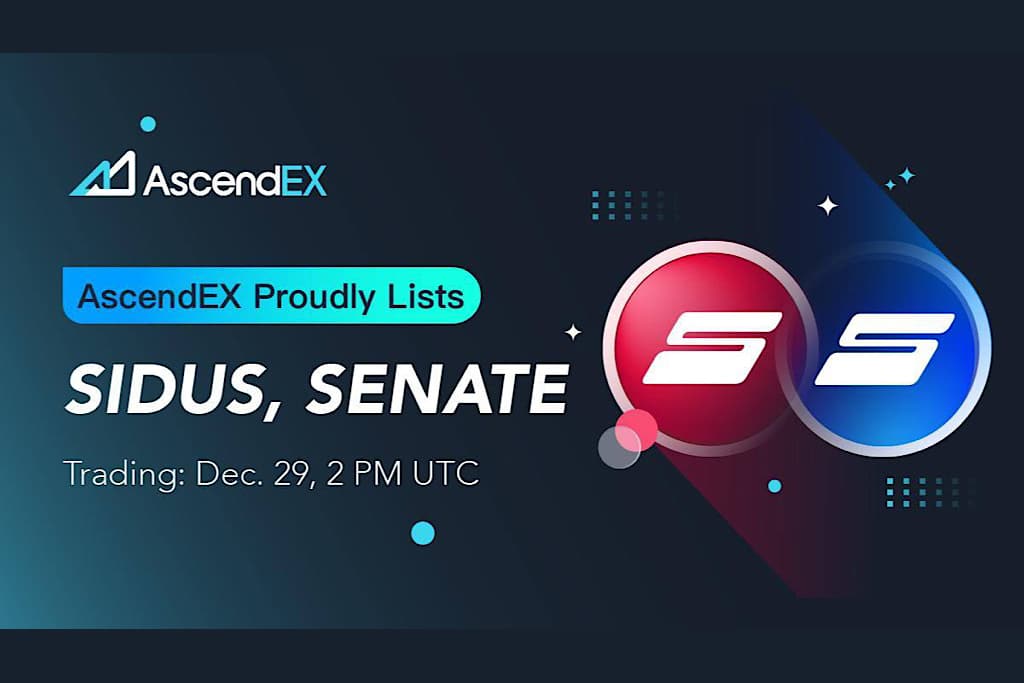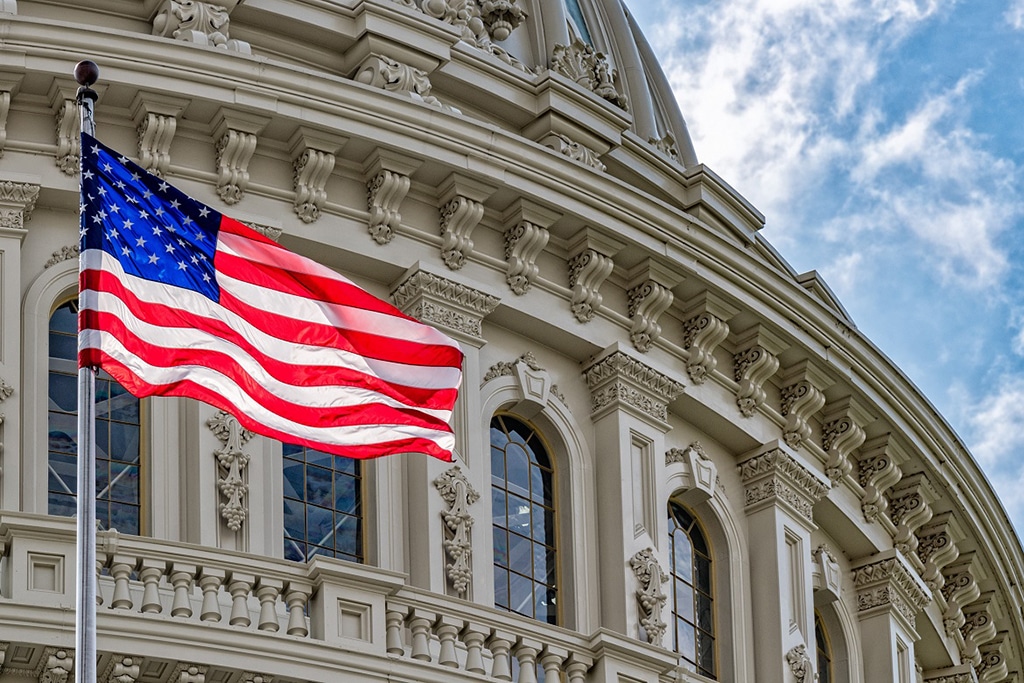
The Arkansas fiscal session highlights the difficulties of regulating a nascent industry like cryptocurrency.
Sarah Sanders, Arkansas’ Governor, delivered her first “State of the State Address” speech to lawmakers during the fiscal session on Wednesday. Outlining budgetary priorities, she said that if they pass a budget reflecting her priorities, she would sign it.
Two crucial issues have been at the forefront of the session. One was the persistent challenge of reaching a consensus on cryptocurrency regulations highlighted by many of the senates. The second was the salary hikes for government workers, a pressing issue that garnered widespread approval.
The current crypto mining law allows their establishment, with local authorities maintaining oversight during the initial stages. However, these facilities are subject to limited regulation. Consequently, certain sites in Arkansas have faced scrutiny due to concerns regarding foreign ownership and control.
Senators Debate Crypto Mining Regulations
The 30-day fiscal session potentially extended to 45 days centers on budgetary matters. However, legislators possess the capacity to address additional issues. However, this requires two-thirds approval from both chambers. This hurdle becomes particularly significant when considering the proposed resolution concerning crypto mining facilities.
Senator Josh Bryant (R-Rogers) re-enters the debate with a proposal seeking to mitigate noise issues produced by these bitcoin mining operations. His initiative follows the controversial Act 851 of 2023, limiting municipal noise regulations focused on crypto mining facilities.
Bryant advocated changing the law to restrict adversarial nations, as identified by federal code, from controlling more than 15% ownership in crypto mining facilities. Any excess ownership must be divested to American entities or nations without adversarial relations.
“If a crypto mining facility business is owned by a foreign adversarial nation, which is identified by federal code, up to 15% they can own, […] Anything over 15% they have to divest it into a non-foreign adversarial nation or into an American owned,” said Bryant.
Bryant’s new resolution aims for balance, requiring cryptocurrency mining firms to execute noise reduction tactics like liquid cooling and soundproofing. Furthermore, the plan also lets local areas set noise rules for crypto-mining facilities. However, these facilities must be in industrial zones or far from homes to balance noise reduction and crypto mining operations.
Arkansas Crypto Legislation
The resolution also addresses concerns about foreign ownership. Companies with over 15% ownership by entities from countries bound by arms control rules or flagged by the State Department would be banned, raising questions about balancing national security and global crypto involvement.
Senate President Bart Hester acknowledges the fragmented nature of the Senate regarding crypto. While a narrow, specific bill might find passage, a comprehensive resolution seems unlikely this session. This highlights the ongoing national debate around crypto regulations, with Arkansas at the forefront.
The Arkansas fiscal session highlights the difficulties of regulating a nascent industry like cryptocurrency. Balancing innovation, economic growth, environmental impact, and consumer protection remains challenging. While the immediate future of crypto regulations in Arkansas remains uncertain, the conversation on a national level is far from over.

